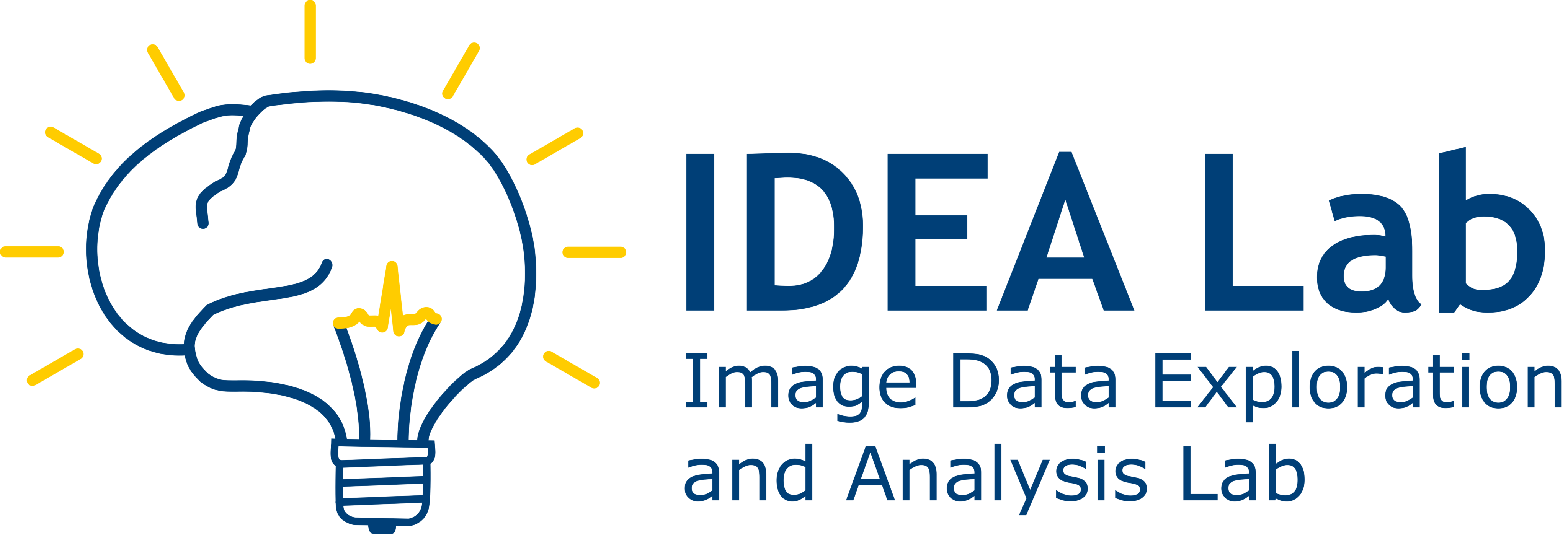Open Projects
We encourage you to speak with members of our lab about potential research topics that interest you, or take a look at the list of open topics provided below. As our field is constantly evolving, we are confident that we can help you find the ideal topic for your research project once you get in touch with us. Simply send a PDF of your CV and a brief outline of your coding skills and professional interests to us, and we will be happy to review your application.
We also welcome applications for PhD projects, which come with employment perks. However, please note that the application process for PhD projects follows different rules. Therefore, we kindly ask you to contact The Prof directly for further information.
Inverted Active Learning Approach for Selecting Informative Frames in Video Classification
Objective: The aim of this project is to develop an approach to select the 10 most informative frames from a series produced by a video classification network. Unlike traditional active learning methods that aim to improve the efficiency of training by identifying the most valuable samples to label, this project seeks to determine the key frames in video data that contribute most to classification decisions.
Background: Video data, compared to still images, provides a dynamic representation of information over time. However, not every frame in a video holds equal informational value for classification tasks. Traditionally, in the realm of medical image segmentation, active learning has been employed to reduce manual labeling by targeting the most informative samples. Notably, most active learning works have leaned towards the classification or limited segmentation of natural images. Uncertainty-based methods often struggle with efficient batch-query strategies, while diversity-based approaches are computationally intensive. Despite these challenges, there exists a potential in active learning methods, particularly uncertainty-based approaches, to identify and select the most informative video frames for various applications.
Methodology:
- Data Preprocessing: Video data will be initially processed to segment them into individual frames. Each frame will then be passed through a pre-trained classification network to obtain preliminary classification results and uncertainties.
- Stochastic Batch Querying: Adapting from the novel use of stochastic batches (SB) during sampling in AL for medical image segmentation, we will implement SB for video frame selection. This will entail the computation of uncertainty at the level of batches of frames, rather than individual frames.
- Selection of Informative Frames: Based on the batch-wise uncertainty measures, the top 10 frames that are deemed most informative for the given classification task will be selected.
- Evaluation: The efficacy of the selected frames will be compared against random frame selections to determine the improvement in classification performance and information retention.
Expected Outcomes: By the end of this project, we anticipate a method that can consistently identify the most informative frames in a given video sequence for classification tasks. This could greatly reduce computational expenses in video analysis and improve real-time classification performance.
Resources: Video data sets will be provided for experimental validation. Additionally, GPU resources will be utilized for the computational-heavy tasks, including frame processing, classification, and uncertainty computation.
Reference: The project is inspired and adapted from the approach mentioned in this paper which focuses on the active learning for medical image segmentation.
Defect detection in an industrial setting

- 4 open projects together with https://www.heraeus.com/
- Multi-object tracking required
- Defects not visible in some frames
- Δ x and Δ ycan be irregular and large between subsequent bounding boxes of the same object (especially if the object detection model failed to detect the object for some frames)
- High number of false positive bounding box predictions
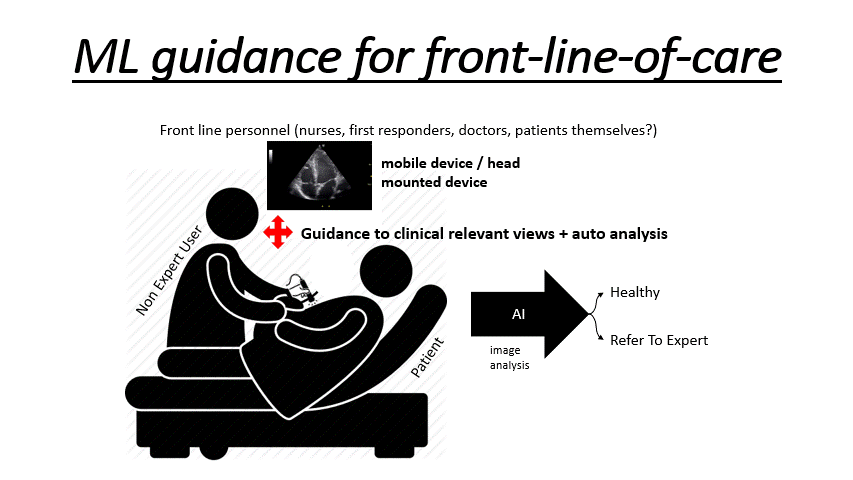
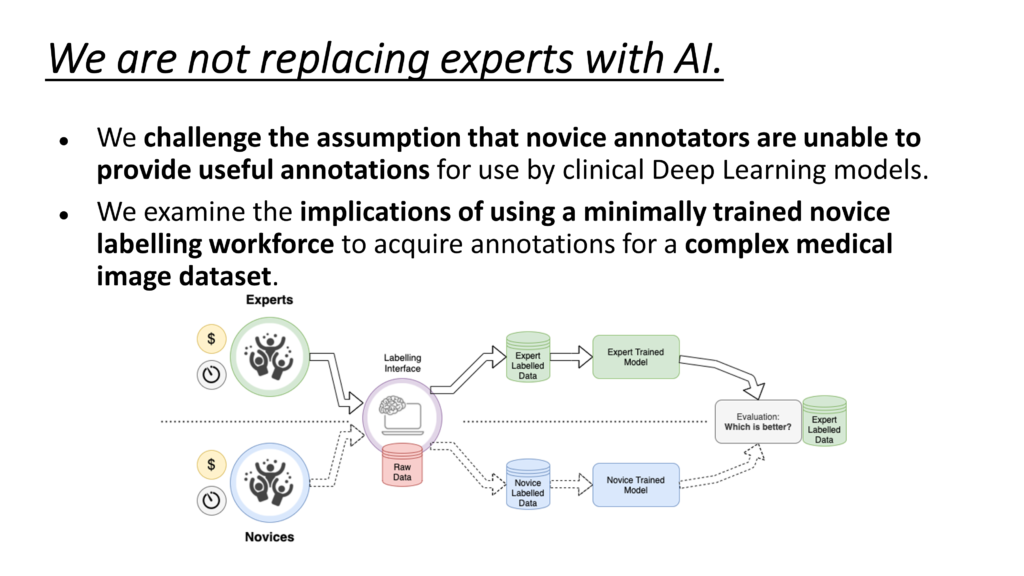
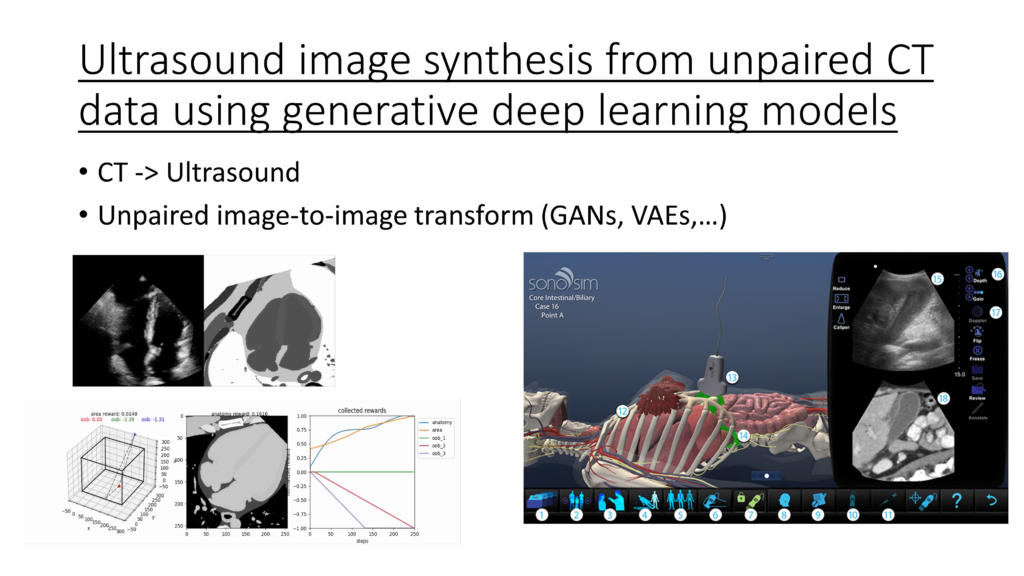
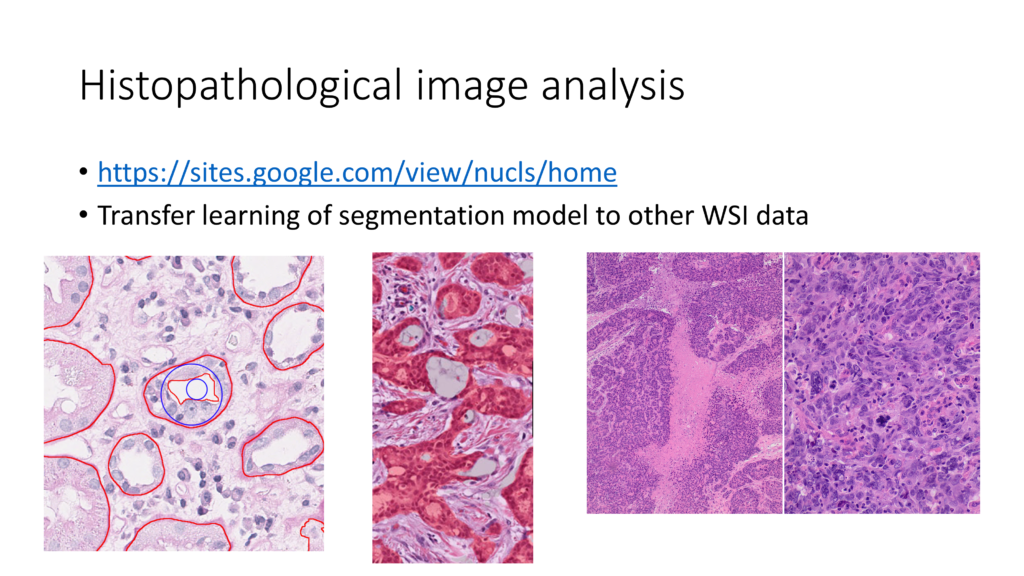
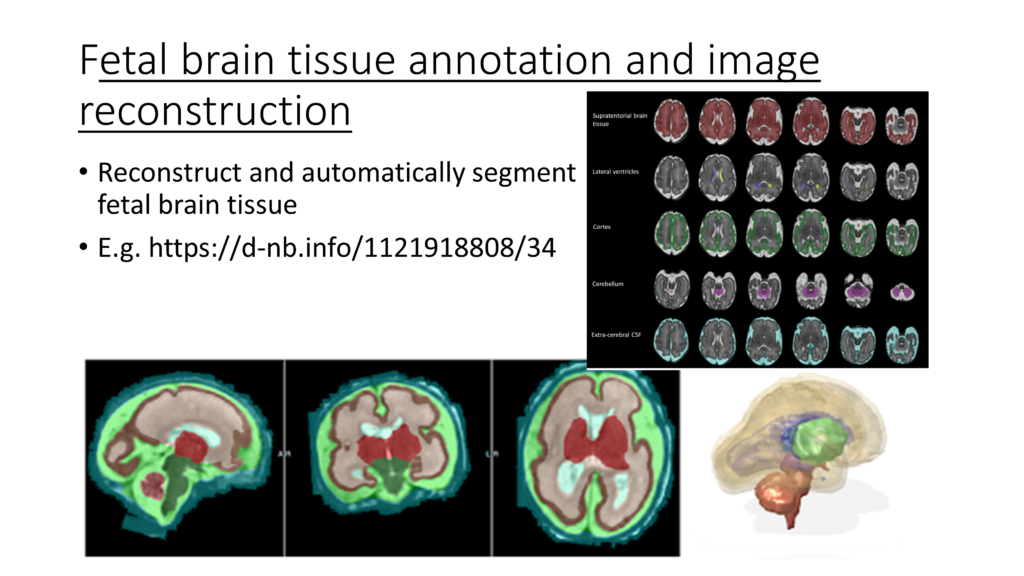
The Pattern recognition Lab provides excellent general guidelines about Bachelor and Master’s projects at FAU here.
